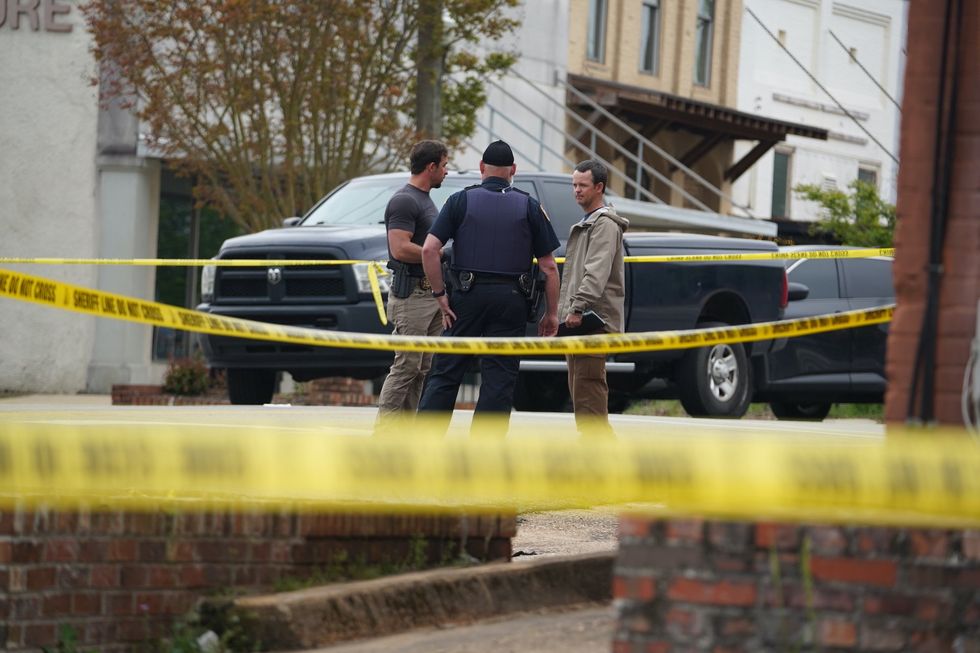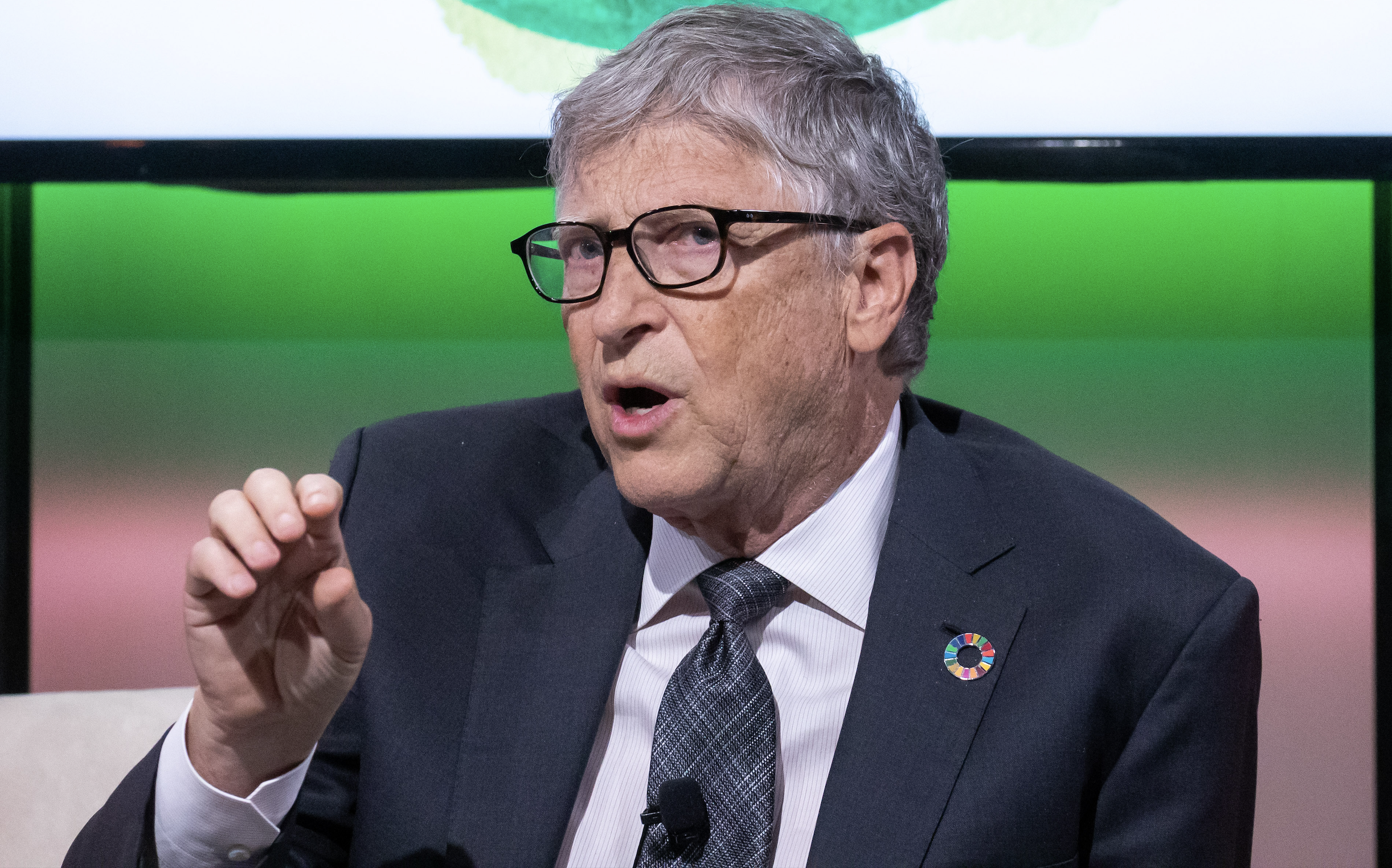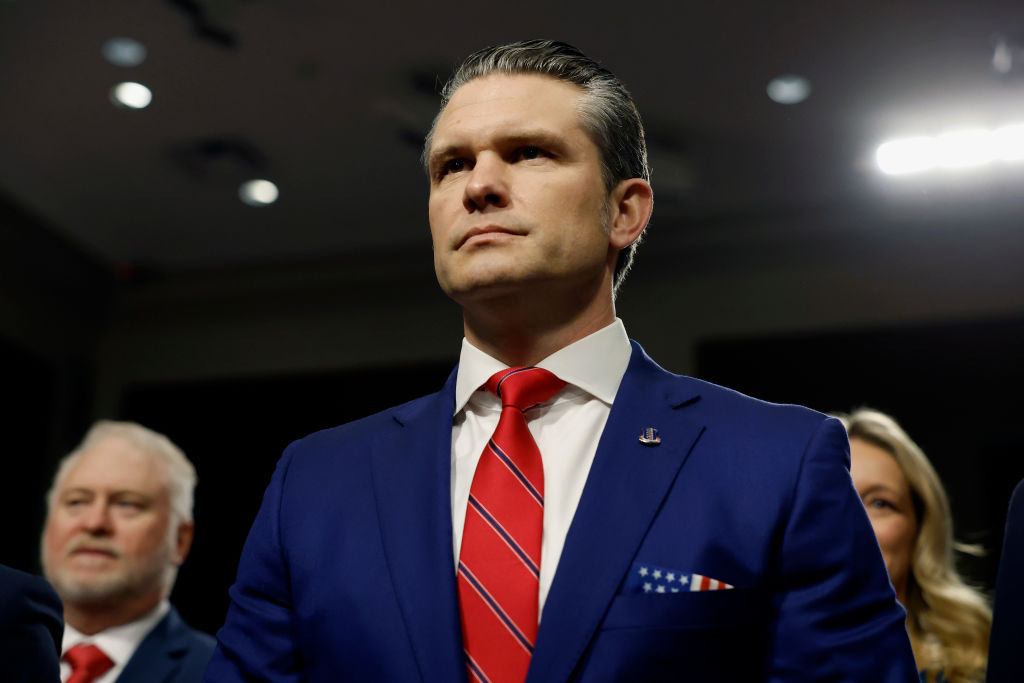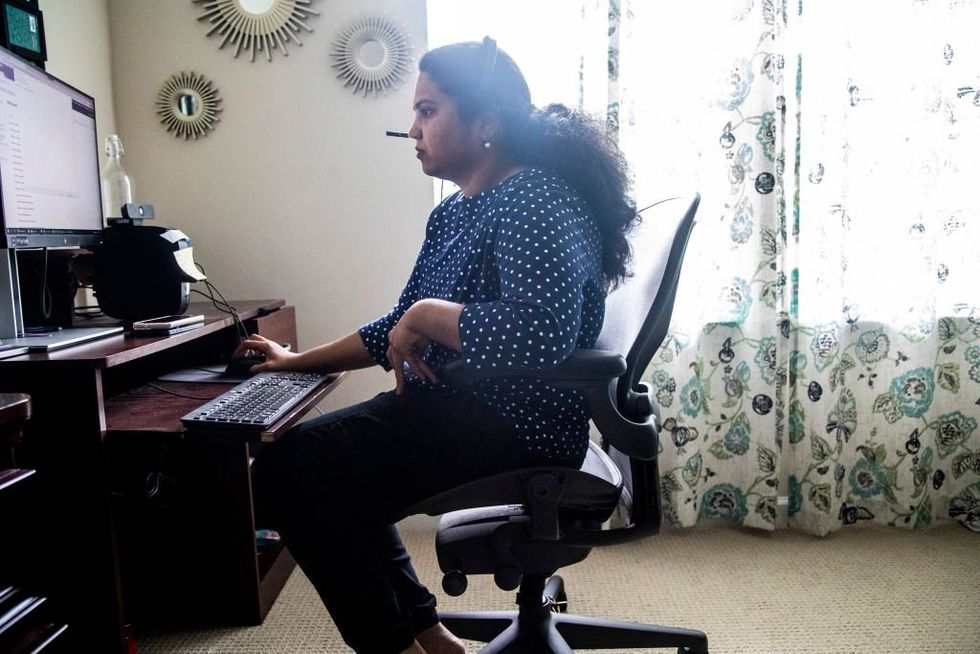Don't throw away money on your car lease — read this first
Leasing's a great way to save on costs, but sometimes even the most unsentimental motorists find themselves catching feelings — and wanting to settle down.If this is you, you may want to consider buying out your lease — especially if you have low miles and want a new(ish) car without committing to a huge monthly paymentBut imagine you can get a good deal on your lease and the residual value is lower than expected. Leasing could let you avoid getting locked into a car until you know it fits your lifestyle.Here's how to determine whether a lease buyout is the right financial move for you.When should you lease before buying?A lease buyout is a good idea if you are ready to drive a vehicle long-term rather than going ahead with a new lease. If you want lower initial payments before committing to a car loan, leasing with the intent to purchase could be a good option. It is not the right choice if you are the type of driver who always wants the latest model.To decide whether to lease or buy, add the total cost of leasing a car, including upfront fees, to the car’s projected residual value at the end of the lease.Then compare that number to the car’s sale price plus all fees and factor that over the life of the car loan. See which number is lower.Sometimes, leasing and then buying is more expensive than buying outright. This is especially true if you exceed the dealer’s mileage limits or the residual value at the end of the lease is much higher than anticipated.But imagine you can get a good deal on your lease and the residual value is lower than expected. Leasing could let you avoid getting locked into a car until you know it fits your lifestyle.Before choosing the make and model of your potential lease, weigh your typical driving habits.How long do you want to drive the car?If you hope to buy or lease the newest model in fewer than two years, it doesn’t make sense to lease and then purchase the vehicle. It's difficult to know whether your car’s residual value will increase or decrease over the lease term. But if it decreases and you decide to keep the car for a short period, you’ll likely owe more than the car is worth, and the money will have to come out-of-pocket to swap it out.How many miles do you typically drive a year?Leases come with annual mileage limits. Typically 10,000, 12,000, or 15,000 miles. If you exceed those limits, purchasing your vehicle after the lease might save you from excess mileage fees. But be sure that those fees outweigh the price you’ll pay to purchase the vehicle.Will you truly save money?Compare a new monthly vehicle payment to a lease payment. Also, factor in: The purchase priceThe security depositThe acquisition feeDocumentation feesIf you would pay more while leasing to buy, it might be smarter to buy the vehicle outright rather than leasing it first.How to buy out a car lease1. Weigh your financing optionsGet at least three different auto loan rates for a car purchase or a lease before signing off. The more offers you have in front of you, the better your chance of receiving a good deal.It can also help you determine whether leasing a different vehicle or buying the car you’ve been driving will be more affordable over time. Shopping for a lease buyout loan should be approached with securing a traditional loan. Consider getting the vehicle checked before deciding to go through with a buyout. Depending on how long you have had the lease, you may be under the factory warranty and get necessary repairs cheaply. You shouldn’t purchase the vehicle if it is in poor condition, but be prepared to cover excessive wear and tear with fees charged by the dealer.2. Negotiate the priceOften, companies have a no-negotiations rule for the purchase price of a lease buyout, leaving little opportunity for haggling. Still, it can’t hurt to raise the subject. Ask the seller to consider a few concessions, like:Waiving the purchase-option feeOffering purchase incentivesDiscounted financingExperts point to the purchase-option fee as a sticking point many sellers are willing to take off the table.3. Weigh the costs Only go ahead if you are getting a great deal on both the lease and the payoff amount. If it would be cheaper to buy your car upfront or if you think you’ll want the car for a long time, skip the lease. Just buy a car directly instead.
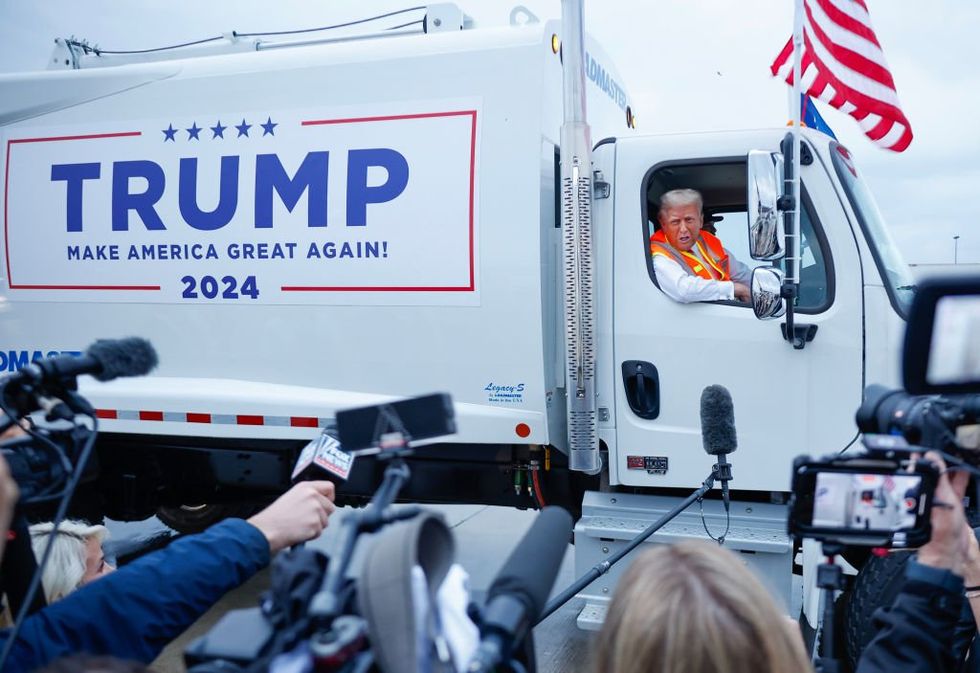

Leasing's a great way to save on costs, but sometimes even the most unsentimental motorists find themselves catching feelings — and wanting to settle down.
If this is you, you may want to consider buying out your lease — especially if you have low miles and want a new(ish) car without committing to a huge monthly payment
But imagine you can get a good deal on your lease and the residual value is lower than expected. Leasing could let you avoid getting locked into a car until you know it fits your lifestyle.
Here's how to determine whether a lease buyout is the right financial move for you.
When should you lease before buying?
A lease buyout is a good idea if you are ready to drive a vehicle long-term rather than going ahead with a new lease. If you want lower initial payments before committing to a car loan, leasing with the intent to purchase could be a good option.
It is not the right choice if you are the type of driver who always wants the latest model.
To decide whether to lease or buy, add the total cost of leasing a car, including upfront fees, to the car’s projected residual value at the end of the lease.
Then compare that number to the car’s sale price plus all fees and factor that over the life of the car loan. See which number is lower.
Sometimes, leasing and then buying is more expensive than buying outright. This is especially true if you exceed the dealer’s mileage limits or the residual value at the end of the lease is much higher than anticipated.
But imagine you can get a good deal on your lease and the residual value is lower than expected. Leasing could let you avoid getting locked into a car until you know it fits your lifestyle.
Before choosing the make and model of your potential lease, weigh your typical driving habits.
How long do you want to drive the car?
If you hope to buy or lease the newest model in fewer than two years, it doesn’t make sense to lease and then purchase the vehicle. It's difficult to know whether your car’s residual value will increase or decrease over the lease term.
But if it decreases and you decide to keep the car for a short period, you’ll likely owe more than the car is worth, and the money will have to come out-of-pocket to swap it out.
How many miles do you typically drive a year?
Leases come with annual mileage limits. Typically 10,000, 12,000, or 15,000 miles. If you exceed those limits, purchasing your vehicle after the lease might save you from excess mileage fees. But be sure that those fees outweigh the price you’ll pay to purchase the vehicle.
Will you truly save money?
Compare a new monthly vehicle payment to a lease payment. Also, factor in:
- The purchase price
- The security deposit
- The acquisition fee
- Documentation fees
If you would pay more while leasing to buy, it might be smarter to buy the vehicle outright rather than leasing it first.
How to buy out a car lease
1. Weigh your financing options
Get at least three different auto loan rates for a car purchase or a lease before signing off. The more offers you have in front of you, the better your chance of receiving a good deal.
It can also help you determine whether leasing a different vehicle or buying the car you’ve been driving will be more affordable over time. Shopping for a lease buyout loan should be approached with securing a traditional loan.
Consider getting the vehicle checked before deciding to go through with a buyout. Depending on how long you have had the lease, you may be under the factory warranty and get necessary repairs cheaply. You shouldn’t purchase the vehicle if it is in poor condition, but be prepared to cover excessive wear and tear with fees charged by the dealer.
2. Negotiate the price
Often, companies have a no-negotiations rule for the purchase price of a lease buyout, leaving little opportunity for haggling. Still, it can’t hurt to raise the subject. Ask the seller to consider a few concessions, like:
- Waiving the purchase-option fee
- Offering purchase incentives
- Discounted financing
Experts point to the purchase-option fee as a sticking point many sellers are willing to take off the table.
3. Weigh the costs
Only go ahead if you are getting a great deal on both the lease and the payoff amount. If it would be cheaper to buy your car upfront or if you think you’ll want the car for a long time, skip the lease. Just buy a car directly instead.
Originally Published at Daily Wire, World Net Daily, or The Blaze
What's Your Reaction?















